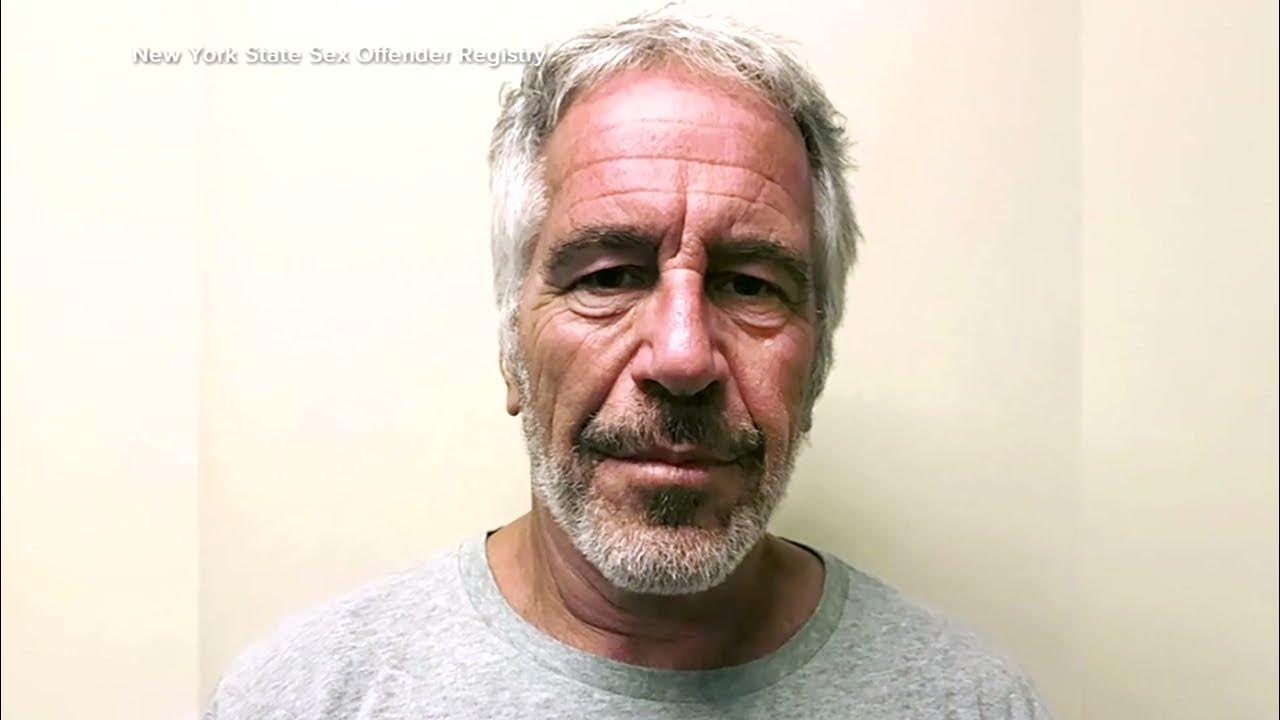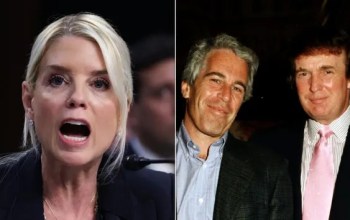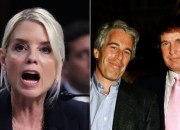
President Donald Trump has ignited a new political storm after ordering the U.S. Department of Justice to launch a formal investigation into Jeffrey Epstein’s alleged connections with prominent Democratic figures. The directive, delivered through a forceful public statement, pushes the Epstein scandal back into the national spotlight and raises sharp questions about political power, accountability, and the independence of federal law enforcement.
In his announcement, Trump urged the DOJ and FBI to examine what he described as “deeply troubling ties” between Epstein and several well-known Democrats, including former President Bill Clinton, economist Larry Summers, and tech billionaire Reid Hoffman. Trump also pointed specifically at major financial institutions such as J.P. Morgan Chase, calling for a thorough review of their historical dealings with Epstein. His statement accused Democrats of orchestrating “another political scam,” insisting that recent disclosures point the investigation squarely in their direction.
Attorney General Pam Bondi responded within hours, confirming that she had appointed Jay Clayton, the U.S. Attorney for the Southern District of New York, to oversee the probe. Bondi stated that the department would conduct the investigation “with urgency, transparency, and integrity,” emphasizing the seriousness of the allegations and the public’s right to answers. The move marks one of the most high-profile actions taken by the DOJ under Trump’s renewed leadership.
However, the decision has sparked immediate backlash. Critics argue that Trump’s direct involvement in pushing for an investigation raises concerns about political interference in the justice system. Legal experts warn that any appearance of the DOJ being used to pursue political adversaries could undermine public trust in the department’s neutrality. Opponents in Congress also point out that past investigations into Epstein—including a recent FBI report—found no evidence to justify charges against uncharged third parties, including those now being targeted.
Democratic lawmakers, already critical of Trump’s handling of previous Epstein-related inquiries, accuse the administration of weaponizing the justice system. Representative Jamie Raskin reiterated concerns about what he earlier described as a “gigantic cover-up,” claiming the DOJ had previously shut down lines of inquiry that might have reflected poorly on Trump or his allies. Now, he says, Trump is shifting the focus entirely onto Democrats for political gain.
Despite the controversy, Trump’s directive has energized his supporters, many of whom believe that unanswered questions still surround Epstein’s extensive network of political and financial connections. The investigation promises to widen the political divide, setting the stage for months of legal maneuvering, media scrutiny, and partisan conflict.
As the DOJ begins its work, the central questions remain unchanged: Will the investigation uncover substantive new evidence, or will it further fuel accusations of political manipulation? Regardless of the outcome, Trump’s order has thrust the Epstein case back into national debate—ensuring that the scandal will continue to shape the American political landscape.
Watch video below :












